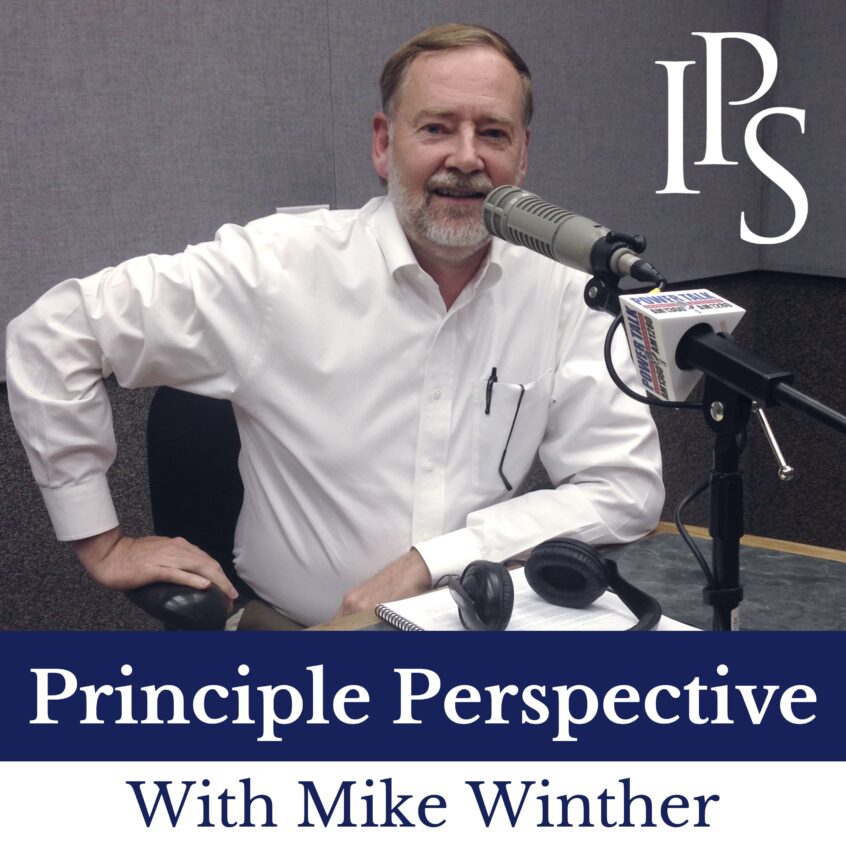LISTEN NOW
This lecture is the first in a two-part series titled Transforming a Nation. It was delivered on March 20th, 2016, at Central Valley Presbyterian Church. It discusses principles around elections and voting. Sometimes we struggle with our role as believers regarding the civil government. Some of us wonder if we should vote. If we do vote, who should we vote for? Does being a Christian automatically make you a Republican? Am I a weird Christian if I vote for a different party candidate?
We have practical questions rolling around. We also have big picture questions like how does the whole process work? What is the function of the parties? If you live in California, does voting even matter? Mike Winther answers these questions and more. All the while making decisions that are rooted in scripture. He starts the lecture with the importance of taking action, but we need to be cautious that the action we take is the right action. Then he dives into everything election-related.
You’ll Learn:
- [04:36] We can’t just sit on the sidelines. We need to take action and do something.
- [06:05] When transforming a nation, we need to understand the nature of the problem.
- [07:17] The views of the presidency by the founding fathers and by people of today are very different.
- [09:29] According to the Constitution all laws need to come from the legislative branch.
- [12:09] According to the Constitution, the president can negotiate treaties but they have no effect unless they are voted on by the Congress.
- [12:42] In the Constitutional model the legislature makes the law, and the executive branch enforces it.
- [13:29] The Constitution also doesn’t give our federal government the power to manage the economy. It actually creates a free market economy.
- [15:21] All of the modern presidents violate the Constitution with impunity. The government has more power than it should, and the power is shifting between the three institutions.
- [17:32] The problem of labels. Most of the labels are one of two choices. It’s my hope that people begin to read the old writers who really understood the truth. Read the founding fathers. All of the founding fathers described themselves as liberal. The terms liberal and conservative are relative terms not absolute terms.
- [23:14] Our political parties sway at the whim of public opinion. Both parties are moving more towards big government.
- [30:04] We need to understand the principles of good government. IPS teaches a 10-hour course that teaches people the proper role of government.
- [30:58] Paul believed in the sinful nature of man. Plato believed that good men should be given unbridled power such as a public school system. One is biblical, and one is not!
- [33:31] Our founding fathers argued against the Platonic view, because they were in favor of the Judeo-Christian view. Power tends to corrupt, and absolute power corrupts absolutely.
- [34:30] This is why the founding fathers instituted the idea of a numerated government.
- [37:08] We also have separation of powers with the executive branch, legislative branch, and judicial branch. There’s also separation between federal, state, and city governments.
- [38:06] There’s also institutional separation between the God ordained institutions. These are the family government, church government, and civil government.
- [38:53] Decentralization keeps as much power local as possible.
- [40:05] We need to understand the nature of government. It’s not reason. It’s not eloquence. It is force. We have a civil government to make people do things that they don’t want to do.
- [49:59] If the electorate isn’t educated and doesn’t study, then we can’t expect to get an A+ president from the election.
- [51:08] Framing the education of America is a long-term strategy for winning elections. It’s too late to study the night before the final exam.
- [52:55] To change the strategy of elections, all we have to do is change the hearts and minds of the church. 2nd Chronicles.
- [54:02] We need to know the biblical principles in order to identify the good candidates.
- [56:09] Mike answers audience questions.

